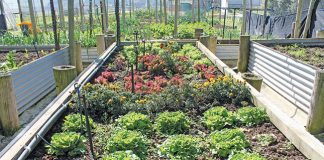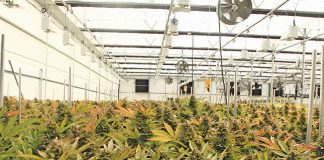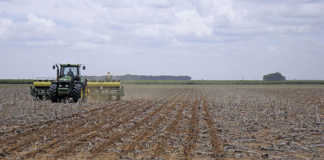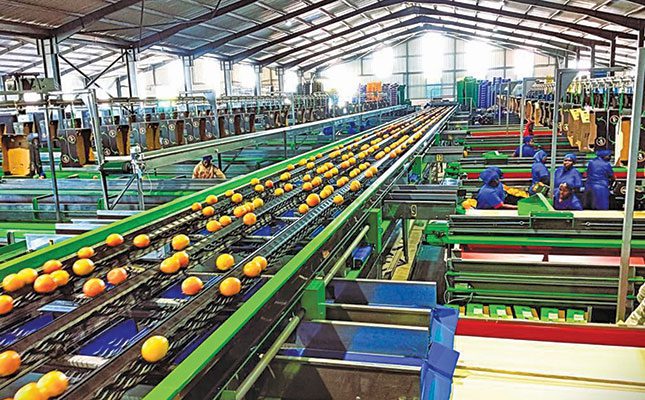
Photo: Supplied
JJ de Nysschen, the 2023 Agri Limpopo and Toyota Young Farmer of the Year, grew up in a farming family and believes this was the reason he chose farming as a career.
After attending the Dr Annecke Primary School in Letsitele and completing his secondary school education at the Ben Vorster High School in Tzaneen, he realised he had never wanted to do nothing else than farming.
In 2010, JJ joined his family’s farming operation near Letsitele. In 2015 the farming operation split, with each group within the family establishing their own farming operation.
JJ and his father, Koos, continued to farm on the farms Junction, Delhi and Hornby in the Letsitele area as well as a 2 300ha game farm, Vluchtkraal, near Bandelierskop. They farm citrus, game, cattle and chicken broilers in Limpopo.
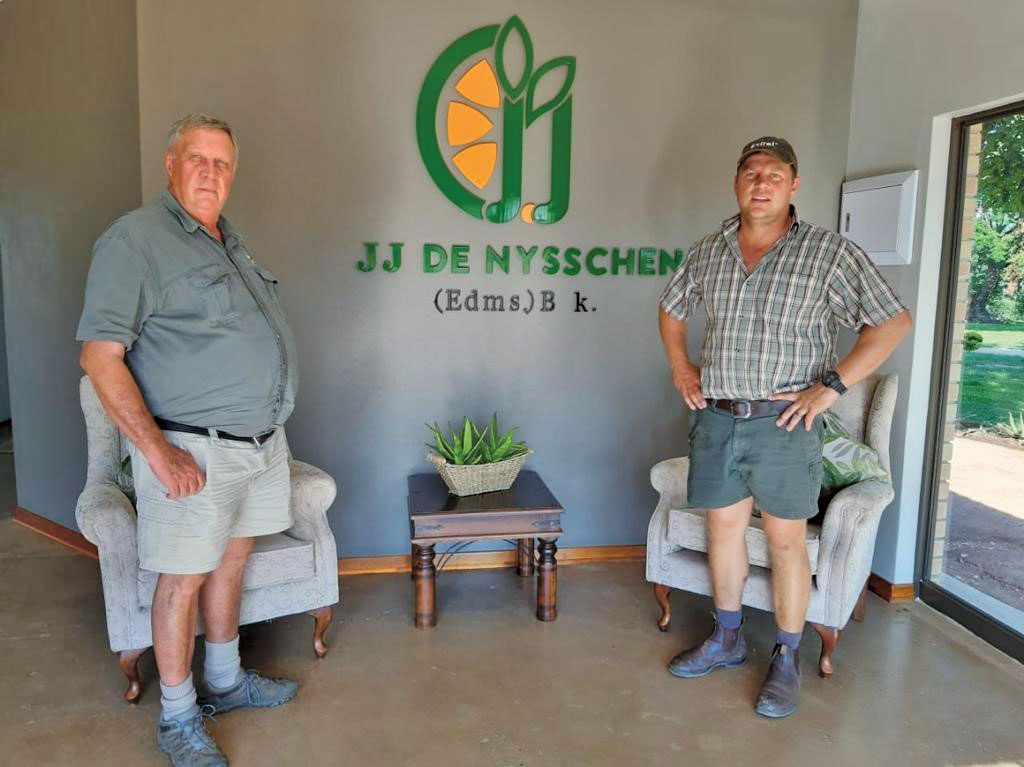
JJ’s strategy focuses on improving the farming business and he will only expand when and where it makes business sense.
“I always strive to increase the yield, improve on the quality of the fruit, as well as to remain profitable. I want to focus on the things I can change and improve, and not waste time on those things that are a given,” JJ points out.
He produces oranges, Star Ruby pomelos and lemons on 250ha in the Letsitele valley. At present citrus production constitutes the core of the farming operation, but JJ says the broiler production provides a steady and reliable income.
Importance of diversifying
“One needs to diversify to spread the risk. Although citrus will remain the main focus, the broilers, cattle, and game farming, to a lesser extent, help to spread the risk as well as provide a steady income throughout the year,” says JJ.
Of the 250ha, about 25ha comprise lemons, with JJ favouring the Genoa variety. “The Genoa tree grows into a bushier type of tree and the fruit are more or less seedless.” The other citrus produced includes Star Ruby pomelos, as well as Turkish, Midnight and late-season Valencia orange varieties.
READ Plant citrus to supplement your income
He selects citrus varieties that fit into his management programme and style, especially regarding pruning, spraying and nutrition.
He managed to obtain a yield of 88t/ha on one of his citrus blocks but acknowledges that this was not the norm. “Normally we obtain yields of between 60t and 65t/ha, depending on the season.”
With an approximate 90% packout percentage, they export 500 000 cartons a year from their own modern six-line packing facility. These are all exported to European markets.
He uses probes to assist with water scheduling in the drip and micro-irrigation system that has been installed in the orchards. About 80% of the trees are under micro-irrigation and the other 20% under drip irrigation.
Where he uses drip irrigation he uses liquid fertiliser and, on the others, granular fertiliser. He prefers scattering the granules by hand in the root zone of the trees. After harvesting he will take soil samples to send away for analysis.
The results, together with the previous season’s yield results, will indicate which and how much fertiliser to use.
While not underestimating the advantages of mechanisation and using technology, he also realises the importance of job creation, especially in their area. Therefore, he is still using a great deal of manual and seasonal labour on the farm.
His farmworkers are responsible for pruning the trees after harvest. “We do not do a summer pruning.”
The pruned branches are mulched in the orchard and used to cover the soil. This helps to prevent water erosion as well as keep the soil cooler and healthier.
The seasonal labourers are remunerated in accordance with the prescriptions in the law and minimal wages legislation, but they are paid a certain amount per bag.
JJ does not work through a broker when hiring seasonal workers: the more bags the pickers pick per day, the higher their remuneration will be.
“In the packing facility, we also brought manual labour back to sort the oranges before they go on the automated lines,” he says.
“We found that we achieve a better packing percentage this way.”
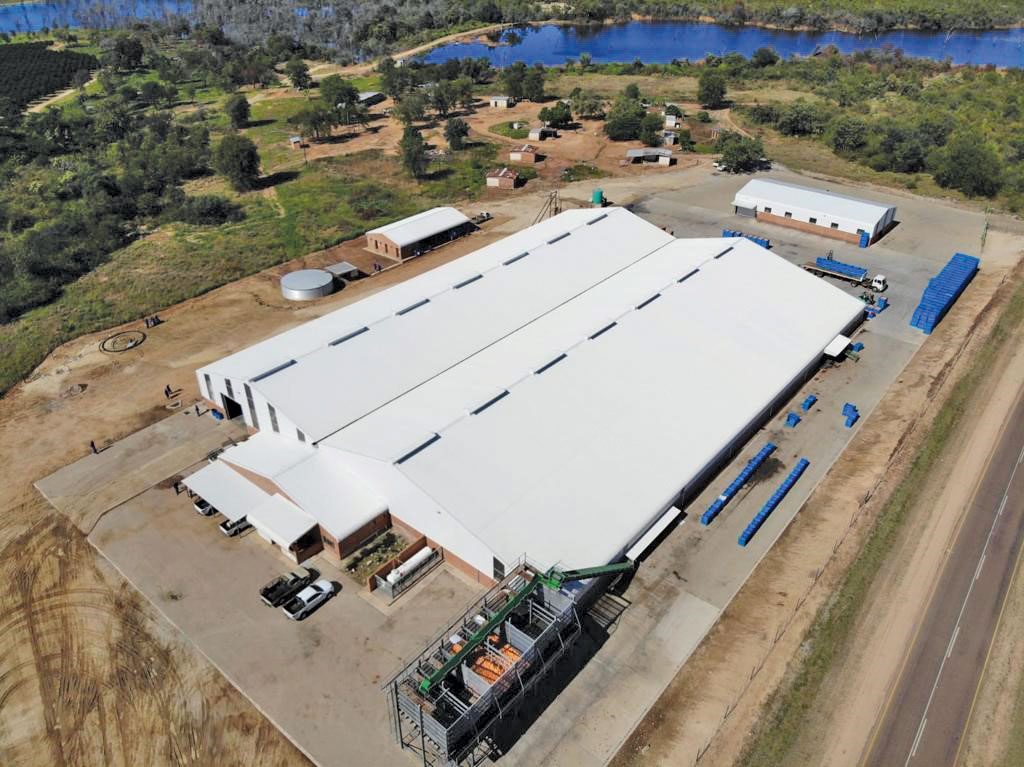
He follows an integrated pest management system through a combination of biological, cultural, physical, and chemical control methods.
Mealybug is a problem in the citrus orchards and at the beginning of the citrus season he will spray for this and other insects.
Biological control
Nearer the end of the season, he will move over to biological control methods. They use the services of Insectec, an insectarium in the area.
“A local research and development team is employed in the insectarium to help farmers address specific needs within the season, and the field personnel assist us on-farm with technical advice,” he says.
READ Advice on how to start a broiler business
At present, JJ operates 12 broiler houses on an area on the farm that is not suited to fruit production. Here he produces 600 000 broilers in eight to nine 31-day cycles a year.
He erected the first three broiler houses in 2018, followed by an additional three in 2019, and in 2023 he added another six. He produces for Bushvalley Chickens.
Although he uses water from the Letaba irrigation scheme and a canal system, he uses borehole water for the broilers.
“In the dry years, when we struggled with water availability, it was impossible to expand the citrus operations, and I was given the opportunity of building broiler houses and delivering to Bushvalley Chickens.”
Biosecurity is extremely important in broiler production, says JJ. “We implemented strict rules to reduce contamination. With the current situation in the country regarding avian influenza and the availability of vaccines, we have to be prudent and ensure that we follow strict biosecurity regulations on-farm.”
He leases additional land from one of the neighbours, where he keeps a 200-head commercial beef cattle herd. He puts Bonsmara bulls to the crossbred cows.
“Using Bonsmara bulls gives me healthy calves. I buy in heifers and then sell the weaners,” he says.
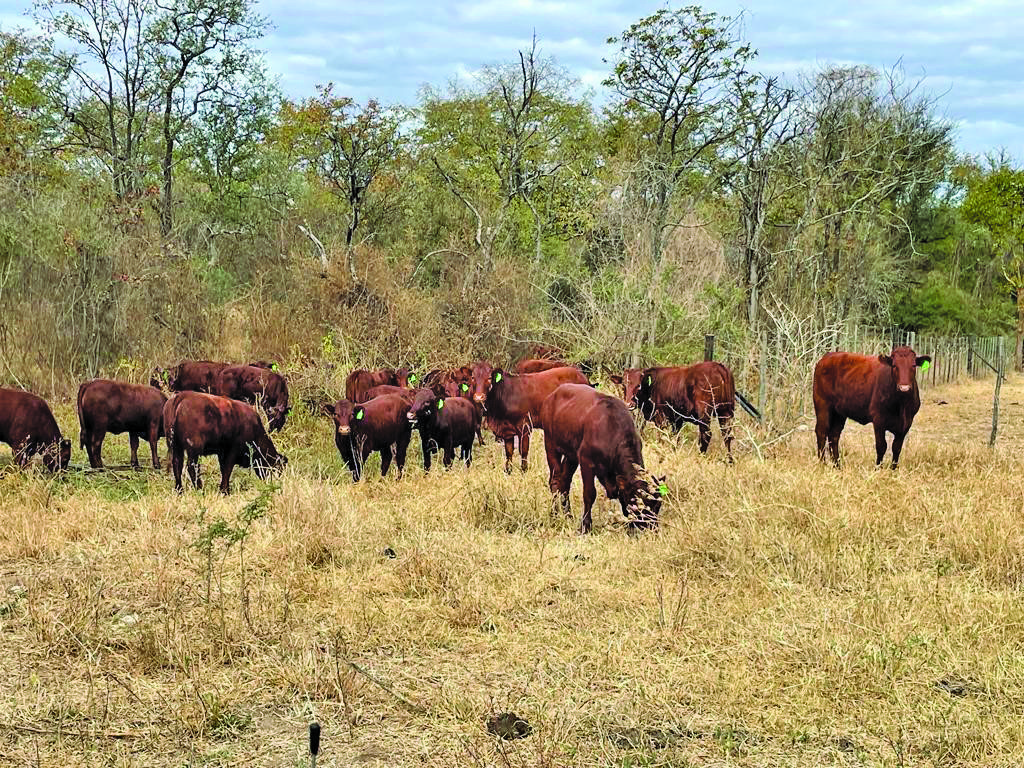
JJ averages a calf percentage of 80%, and follows high-density grazing to help ensure that he uses the land optimally and sustainably.
“This type of grazing in a way mimics the actions and results of herds of grazers in nature, where they graze extensively before they move on to another area. The competition is high, and the animals cannot be selective of the grass species they eat. As the animals move on to another camp, the grazed area is allowed to recover before the cattle are put in that specific camp again.”
Hunting season
With regard to the game farming operation, they farm with plains game near Bandelierskop in Limpopo. These include sable, kudu, eland, impala, nyala, blue and golden wildebeest, zebra, gemsbuck, warthog, giraffe, waterbuck, and hartebeest.
During the hunting season they open the farm to hunters, but mostly the game farm is for their own enjoyment. One of the main challenges that game farmers face is poaching.
READ Scientific management – key to successful game farming
“Poachers come in with dogs and create havoc in an area. Warthogs, sable, gemsbuck and eland are the most vulnerable. The antelope do not flee but face and fight the dogs and then when they, are exhausted after a length of time, they are killed with spears.
“Warthogs are trapped in their burrows and either smoked out or trapped in nets, after which they are also stabbed with spears.”
The future
His plans for the future include expanding the citrus operation if water availability allows. He will also consider growing the broiler production and replacing equipment.
“When the maintenance of a tractor or implement exceeds the amount that you would have paid to service a monthly instalment of a new tractor or implement, you should consider replacing it. To maintain something should not cost more than buying something new.”
Load-shedding is a burden on any farming operation’s bottom line. Apart from the normal electricity costs, during stages 5 and 6 of load-shedding, the cost of diesel needed to run generators for the irrigation, broiler houses, farm households and offices is extremely high.
In his free time, JJ loves to go hunting and deep-sea fishing, and he has a pilot’s licence. He also loves flying his drone and says this comes in handy when he needs to count game and when he wants an overall view of the orchard from the air.
“I take photos with the drone and use them to monitor orchard health. One can easily see if something is amiss in an orchard when looking from above,” he says.
“Although farming is not always easy and one has to deal with one’s fair share of obstacles and challenges, I do not want to do anything else. I focus on the positive and feel that I am quite blessed.”
JJ was recently elected on to the management team of Agri Letaba. He believes that it is important to make a positive contribution in the area where you farm and live.
He is married to his school sweetheart, Freda, and they have two sons, Cobus (4) and Pienaar (2).
Email JJ de Nysschen at [email protected].








